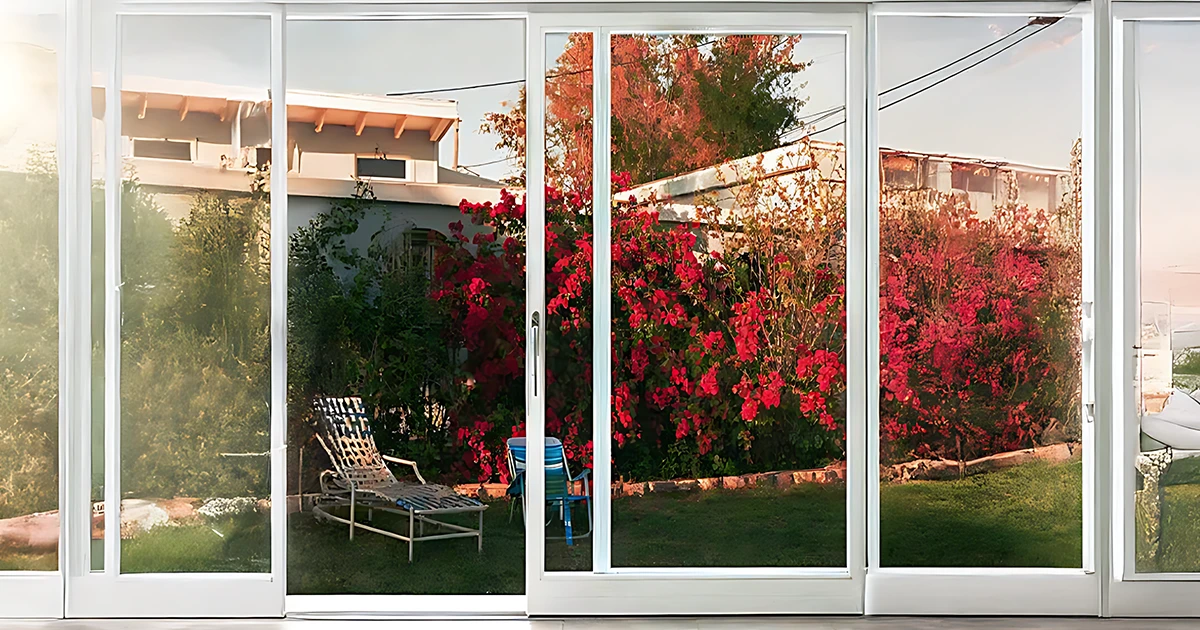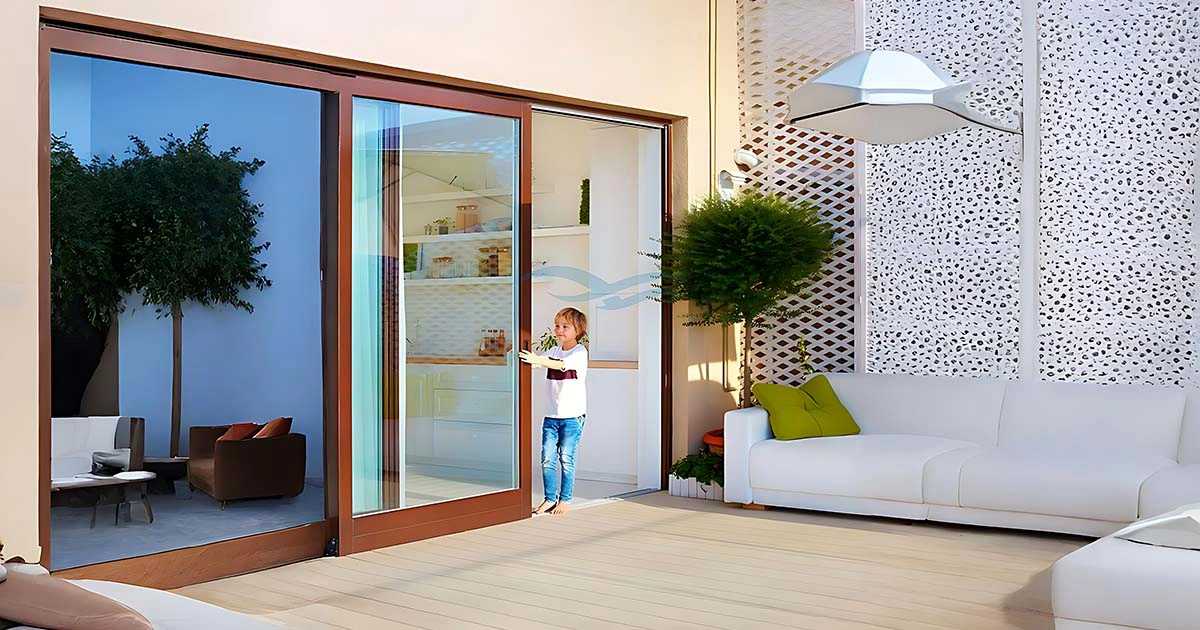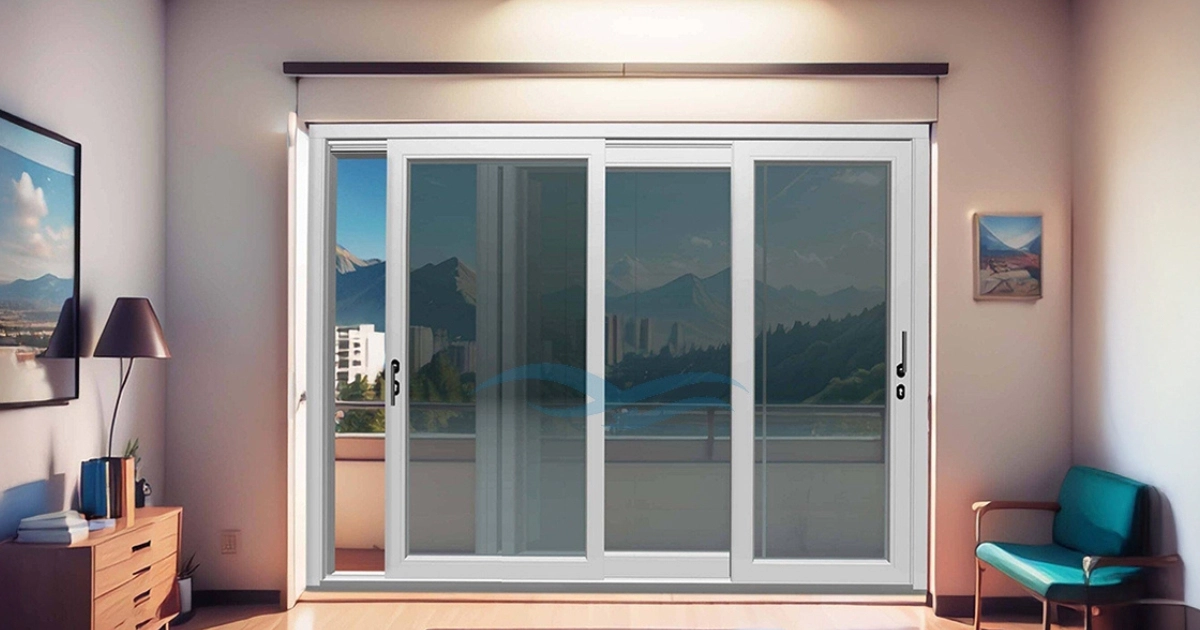Homeowners are more inclined to make their homes stylish and smart with a simple upgrade. To upgrade your home, we are choosing smart devices and other equipment to make our lives simpler and stylish. But, apart from that, the smart home is not just limited to the use of energy-efficient lighting. Every element of a modern home is designed to make life easier, greener, and more comfortable.
And when it comes to doors and windows, there’s one material quietly taking over Indian homes — UPVC.
This can be the right modern alternative to wood; uPVC doors and windows offer a more stylish and modern look to your place. But what makes them so popular? Why are so many people replacing their traditional wooden frames with UPVC? Let’s find out.
What Makes uPVC Doors and Windows Different?

uPVC is a strong and durable material, which makes it perfect for modern homes. As compared to the traditional wooden doors, it can withstand harsh weather. The wooden doors often get warped, which makes it tough to manage in every season. This is why uPVC is the correct option to withstand all weather conditions.
In comparison, the wooden doors and windows require constant attention. They may need sealing, repainting, and protection from termites and moisture from time to time.
While uPVC doors and windows stay smooth and stable season after season. That’s one of the biggest reasons why smart homeowners are making the switch.
Energy Efficiency: The Modern Home’s Priority
One of the main goals of a smart home is energy efficiency. And that’s where uPVC Door Windows truly shine.
Unlike wood, uPVC frames offer excellent insulation. They prevent cool air from escaping during summer and keep warm air trapped inside during winter. This will help you in saving your electricity cost and energy consumption as well .
Many uPVC windows also support double or triple glazing, which further enhances insulation and gives you much-needed privacy as well.
Durability That Outlasts Wood

India’s climate can be unpredictable. From heavy monsoons and scorching summers to dry winters — our homes face a lot. Wooden doors and windows often struggle to handle such extreme changes, leading to cracks, warping, or even mould.
Also Read: How to Maintain UPVC Windows: Easy Cleaning & Care Tips
UPVC is built to handle it all. It’s weather-resistant, termite-proof, and non-corrosive. Whether you live by the coast or in a city with high pollution, UPVC doesn’t react to moisture, salt, or air. It doesn’t rust or decay.
In fact, a well-made UPVC window can last over 20 years with minimal maintenance — a lifespan that’s hard for traditional wooden frames to match.
Feature | UPVC Doors & Windows | Wooden Doors & Windows |
Maintenance | Very Low | High |
Weather Resistance | Excellent | Moderate |
Lifespan | 20+ Years | 8–12 Years |
Termite Resistance | 100% | Prone to damage |
Energy Efficiency | High | Moderate |
Repair and renovation | Doesn’t require much, lasts longer | Needs repair work from time to time |
uPVC doors are available in a wide range of designs and finishes that you can choose as per the interior of your home. There are many colour choices that you can choose to style your doors and windows to make them stand out. If you like the wooden texture door, then you can choose the wooden texture finish uPVC door and windows, which will give you a wooden touch as well.
Cost Efficiency Over Time
When it comes to cost, UPVC can be a great choice, and it makes for great energy efficient windows. But when you factor in long-term expenses — maintenance, repainting, repairs, and energy bills — UPVC clearly wins.
Sustainable Choice for the Future
In today’s eco-conscious world, sustainability matters more than ever. That’s another reason why uPVC doors and windows are gaining attention.
Unlike wood, which often contributes to deforestation, UPVC is fully recyclable and doesn’t require cutting down trees. It also has a much smaller environmental impact during manufacturing compared to traditional wooden frames.
By choosing UPVC, you’re not just upgrading your home — you’re making a responsible choice for the planet.

